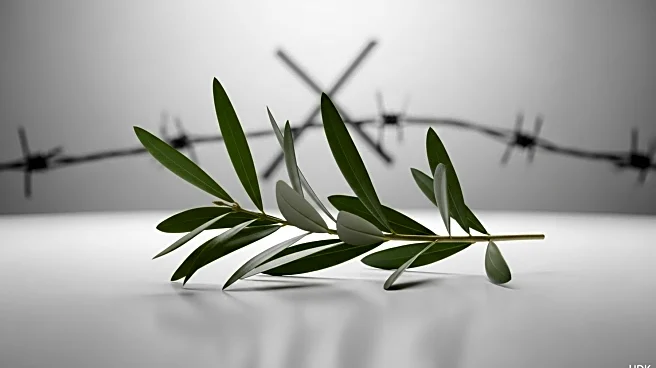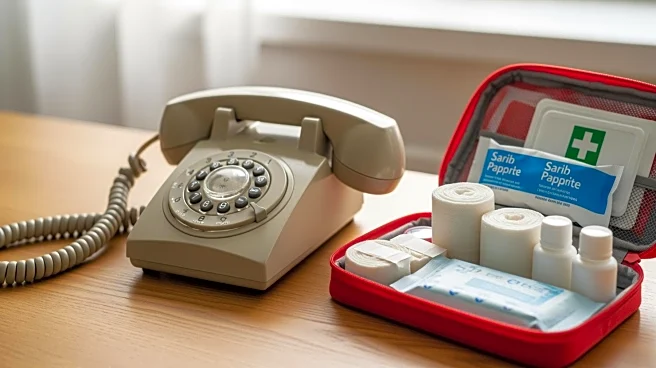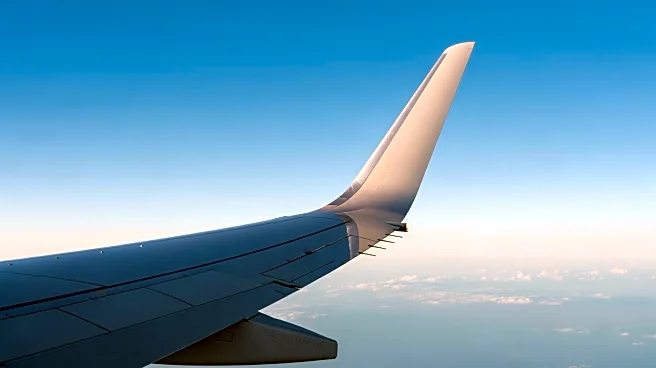What's Happening?
Israeli troops have started to pull back from parts of Gaza as part of a ceasefire agreement, according to recent reports. The European Union mission at the Rafah border crossing between Egypt and Gaza is set to resume operations, allowing pedestrian crossings to reopen on October 14. This mission, known as the EU Border Assistance Mission at Rafah (EUBAM Rafah), involves police from Italy, Spain, and France and was previously suspended in March. Italian Defense Minister Guido Crosetto announced the resumption of Italian operations within the mission, emphasizing the coordination with the European Union and the parties involved. The Rafah crossing will be opened alternately in two directions, facilitating movement between Egypt and Gaza. Additionally, approximately 600 trucks carrying humanitarian aid are expected to enter Gaza daily from other crossings.
Why It's Important?
The withdrawal of Israeli troops and the reopening of the Rafah border crossing are significant steps towards stabilizing the region and improving humanitarian conditions in Gaza. The movement of humanitarian aid into Gaza is crucial for addressing the needs of the population affected by the conflict. The involvement of the European Union and the coordination with multiple countries highlight the international effort to support peace and aid delivery. This development may ease tensions and foster dialogue between the involved parties, potentially leading to more sustainable peace efforts in the future.
What's Next?
The reopening of the Rafah crossing is scheduled for October 14, and the continued withdrawal of Israeli troops is expected to proceed as planned. Stakeholders, including international organizations and governments, will likely monitor the situation closely to ensure the ceasefire holds and humanitarian aid reaches those in need. Further diplomatic efforts may be necessary to address underlying issues and prevent future conflicts.
Beyond the Headlines
The ceasefire and troop withdrawal may have broader implications for regional stability and international relations. The involvement of the European Union and other countries in the Rafah mission underscores the importance of multilateral cooperation in conflict resolution. This development could influence future peace negotiations and international policies regarding the Israeli-Palestinian conflict.










